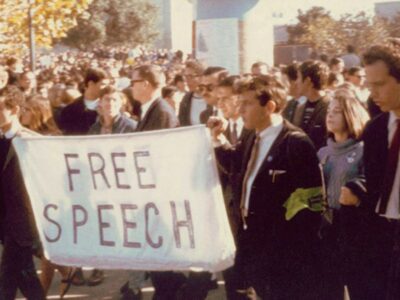The Endangered Species Act in the Supreme Court: Oral Argument Today in Weyerhaeuser v. US Fish & Wildlife Service
Post-Argument Panel at Georgetown Law Will Feature Advocates
Oral argument in Weyerhaeuser v. U.S, Fish & Wildlife Service is this morning, the first day (and first argument) of the new Supreme Court term. The Court will be short-handed, with only eight Justices hearing the case. I’ll be attending the argument and speaking on a post-argument panel at Georgetown Law School, along with other advocates in the case, moderated by Prof. Lisa Heinzerling. (I’ve been told the panel won’t be webcast live, but video will be archived, and I’ll update this post when there’s a link available.)
As I detailed in a prior post, in this case the Court will review a Fifth Circuit opinion that found the Fish & Wildlife Service properly designated “critical habitat” for the Dusky Gopher Frog, based on evidence that that habitat was necessary for species survival and recovery. Included in the critical habitat is currently unoccupied habitat whose restoration was found by the Service to be not only possible, but necessary for the survival and recovery of the species. Weyerhaeuser and other petitioners are challenging that decision, contending (among other things) that the critical habitat the Service designated was not “habitat” or “critical habitat” within the meaning of the Endangered Species Act. Robert Barnes in the Washington Post and Robinson Meyer of The Atlantic have written about the case in more detail, and their stories are worth reading.
As noted in the earlier post, I filed a brief in this case, with significant assistance from two students in UCLA Law’s Frank G. Wells Environmental Law Clinic, Jennifer Garlock and Heejin Hwang. Our clinic represents a world-class group of experts in biology, ecology, and related fields, including Stuart Pimm, E.O. Wilson, three MacArthur “genius” grant recipients, my colleague Prof. Brad Shaffer of UCLA’s Department of Ecology and Evolutionary Biology and Institute of the Environment and Sustainability, and nine other scientists with impeccable qualifications. (Read my other post, or our brief, for more details on the argument we make.)
As with any U.S. Supreme Court case, anyone interested can follow the argument and access briefs, as well as argument transcripts and other materials relating to the case, at SCOTUSBlog. I plan to follow up later in the week with reflections on the argument.







Reader Comments